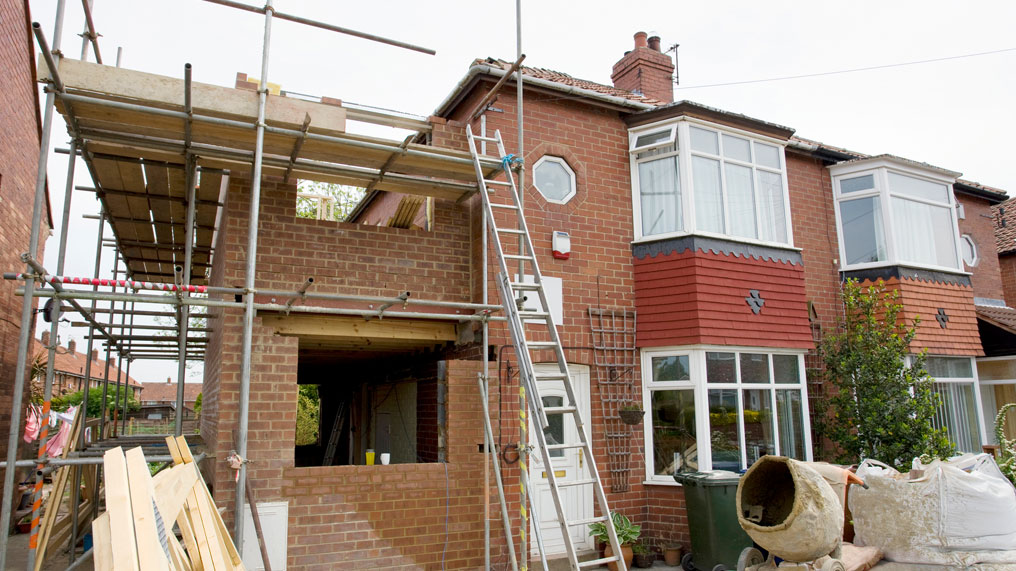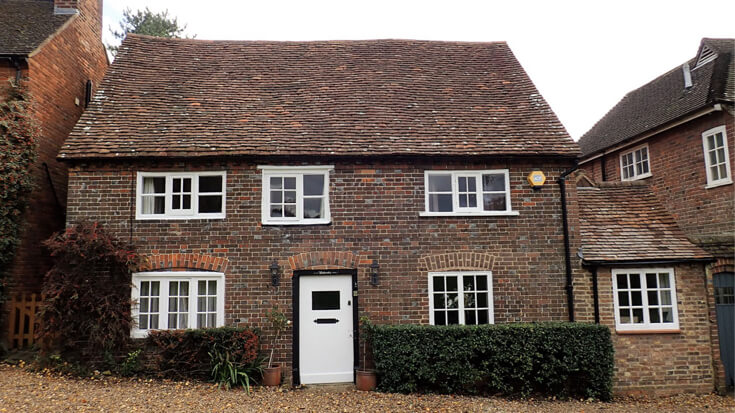The number of people able to buy their own home is falling steadily. Property prices are soaring, salaries aren’t rising accordingly and it’s getting harder to borrow money.
But when you do find yourself in a position to purchase, here are some top tips to help you get the right property at the right price.
1. Work out how much you can afford
There’s no point starting your property search until you know exactly how much you can afford to spend, and how big a mortgage you’ll be able to get.
There are lots of different deals to choose from, so get advice from an independent mortgage broker if you’re unsure which type of mortgage will suit you best.
Once you’ve chosen your mortgage, it’s a good idea to get a ‘mortgage offer in principle’ from your lender before you start looking for your new home. This is essentially a statement showing how much the bank or building society would be prepared to lend you, based on your current income and deposit.
It’s not a guarantee that you’ll definitely be offered a mortgage, as you’ll need to submit a full application and the lender will have to check things like your salary and outgoings, but it will show estate agents and buyers that you’re serious about buying.
2. Location, location, location
When looking for a property, think carefully about where you want to live.
You’ll need to consider transport links, and how long it will take you to get to work each day if you need to commute. Look at what else the area you’re considering buying in has to offer too, such as how many green spaces there are nearby and whether you have easy access to shops.
You should then look at how much properties cost in this area. If they’re out of your league, you may need to look a bit further afield where prices might be more affordable.
Read: Top 5 tips for first-time buyers
3. Prioritise your requirements
Once you’ve decided where you want to live, make a priority list of the things you really want from a property.
For example, do you need a certain number of bedrooms, or is outside space essential to you? Will you need somewhere with parking, and are you prepared to do some renovations if required?
Having a clear idea of what you want, and the sorts of things you might be prepared to compromise on, should make it easier to narrow down your choice of properties. Make estate agents aware of your requirements too; so that they don’t waste your time showing you properties you wouldn’t consider buying.
4. Take a viewing checklist
Many homebuyers spend a matter of minutes viewing properties despite the fact it’s likely to be the biggest financial transaction they’ll ever make.
Don’t rush property viewings and take a checklist with you to make sure you’ve looked at everything you need to. This should include things like:
-
Making sure the plumbing and heating works
-
Checking behind furniture to see if there are any signs of damp
-
Asking which fixtures and fittings are likely to be included in the sale
-
Looking at the roof to see if it’s in a good state of repair
-
Finding how much council tax and any service charges will be
Read: Moving house checklist
5. Making an offer
Once you’ve found a property you love, it’s time to make an offer.
Before suggesting a figure, do some research into what other similar properties in the area have recently sold for. And think about any potential downsides the property has which you could use as justification for offering less than the asking price.
Remember that the estate agent will always want to achieve the highest price possible for the seller, but don’t feel pressurised to increase your offer straight away if it’s refused. Stick to your budget too – there’s no point making a higher offer if you’re not going to be able to afford it.
Finally, make any offer subject to the seller taking the property off the market to avoid the risk of gazumping.




